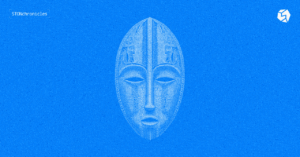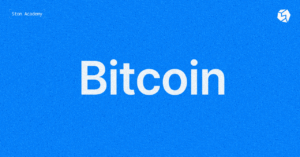As part of the “Blockchain Pop” section, we allow ourselves to imagine what our digital future would look like. We have analyzed the news regarding the integration of blockchain technologies into streaming services and video hosting, the most popular places for concentrating copyright content. How might it look? What benefits can blockchain bring to artists and authors?
It is worth mentioning that in this article, although we operate with facts from the latest news of the digital world, we still do not predict the future and do not make statements. We want to discuss with you the possible integration of blockchain and social networks and share ideas and our vision.
Streaming services pay royalties on a pro-rata basis. This means that the share of a particular musician is determined by the number of auditions to their songs, and the total pool of funds is collected from advertising integrations and users who have paid for a subscription. This system, although it is a well-established mechanism and brings good profits to many famous musicians, is being increasingly criticized by independent authors. Their position is that the money is distributed unfairly. According to them, a musician’s share depends on many hidden reasons: whether they are signed to a major label, use the services of a smaller one, or do their own promotion; from the percentage given to the streaming service (it can vary and change); from the popularity of the music genre and hitting the top playlists. This creates an additional layer between the listener and the artist and, as a result, additional difficulties with the monetization of art.
Blockchain in this situation can be considered as a tool for direct interaction between the listener and the artist. For example, Audius has developed a project to track auditions using blockchain and monetize music content in their own currency, $AUDIO. However, this did not become a widespread practice due to the volatility of the cryptocurrency: it was impossible to predict the profit, and many musicians were simply not used to working with crypto assets. However, this was the first step towards the decentralization of copyright content.
How blockchain technology could change the music industry? Firstly, many original and independent bands would appear on the scene, aimed at their own audience and selling content regardless of popular trends. Secondly, many popular songs would continue to generate profit many years after their release, not for the labels, but for the musicians themselves and their relatives.
And now to TikTok. A song added as the background to a video can go viral, which means it can generate millions of new plays – which is incredibly motivating for musicians to write related viral songs, and music labels to collaborate with TikTok. Theoretically, blockchain technology would allow tracking listening, and monetizing every used audio fragment, from songs to a viral cat meowing. Cool? Cool.





